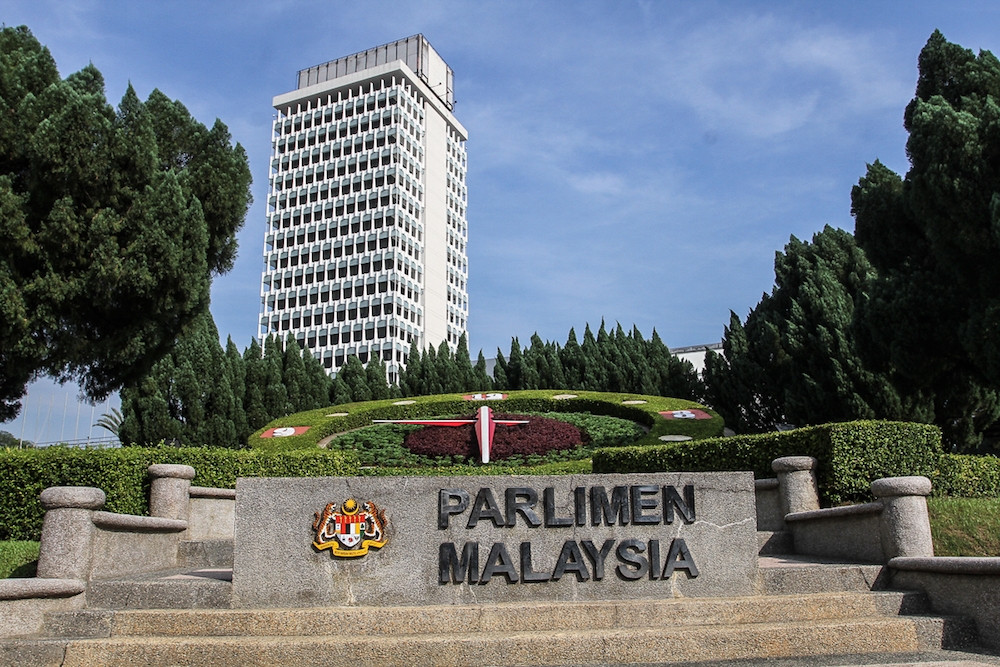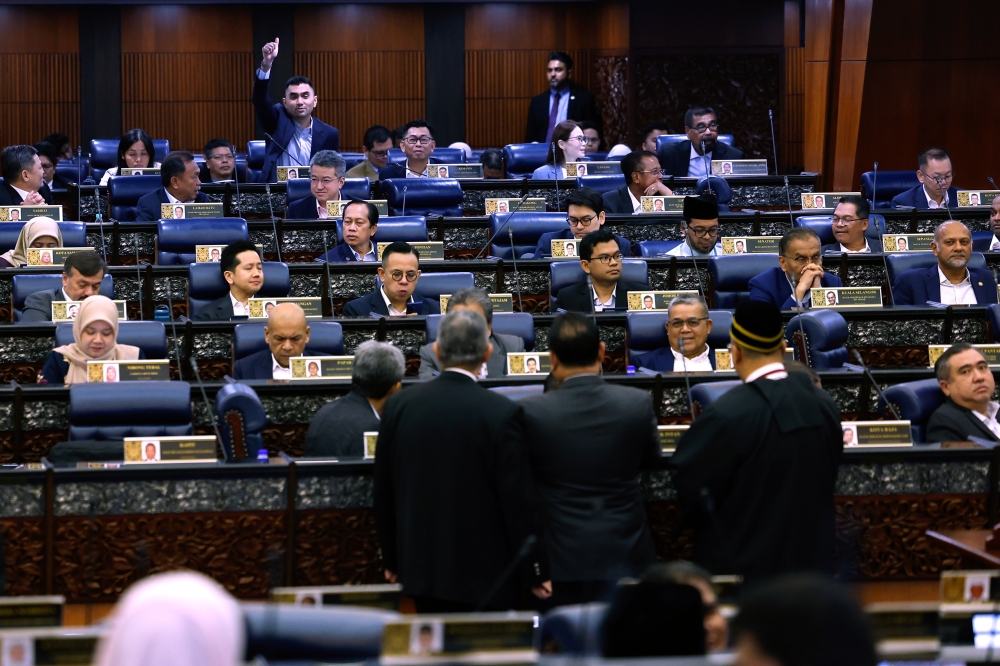KUALA LUMPUR, Aug 27 — The Housing and Local Government Ministry is still studying the vacancy tax and has not made any decision on the matter, Parliament was told today.
In her reply during Minister’s Question Time today, Zuraida Kamaruddin told the Lower House that at the moment, the study is being conducted based on high-end properties priced at RM500,000 and above.
“What happened five to 10 years ago was that there were many unsold overhang units. The Housing and Local Government Ministry faces a challenge on how to dispose of these overhang units. So, we are studying the matter.
“The ministry is still discussing the issue and we have not made any decision. For the time being, the proposal (for the tax) is being made for high-end premium properties which cost RM500,000 and above,” said Zuraida.
At the same time, she said her ministry is also looking into other methods to ensure that developers do not build homes that do not match local needs.
Currently, developers are encouraged to build more affordable homes costing RM500,000 and below — which is more in line with market demand.
In his supplementary question, Tanjung Malim MP Chang Lih Kang (PH) pointed out that the vacancy tax mooted by Zuraida’s ministry can have an adverse impact on an already weak property market.
He added that the vacancy tax is a “double whammy” on property developers who are already suffering and said that in other countries, this form of tax is utilised to prevent speculation or to resolve the lack of housing.
Chang said that Malaysia, on the other hand, is not facing the problem of a lack of housing but a housing glut instead and that a vacancy tax might be passed on to buyers. He said it would be better if a feasibility study is conducted before any development begins.
Zuraida maintained that the housing glut is specific to high-end properties and that the developers made a mistake in their projections.
She acknowledged that there could be a possibility that the cost of the vacancy tax will be passed on to consumers, but also pointed out that previously, developers did not share their feasibility studies with the government.
“So now, we have made a decision that they must submit their feasibility study to us. We can then advise them whether or not they are making the right decision. There will be some control measures there.
“That way they won’t over-speculate and at the same time, we won’t head straight into a vacancy tax,” said Zuraida.
















